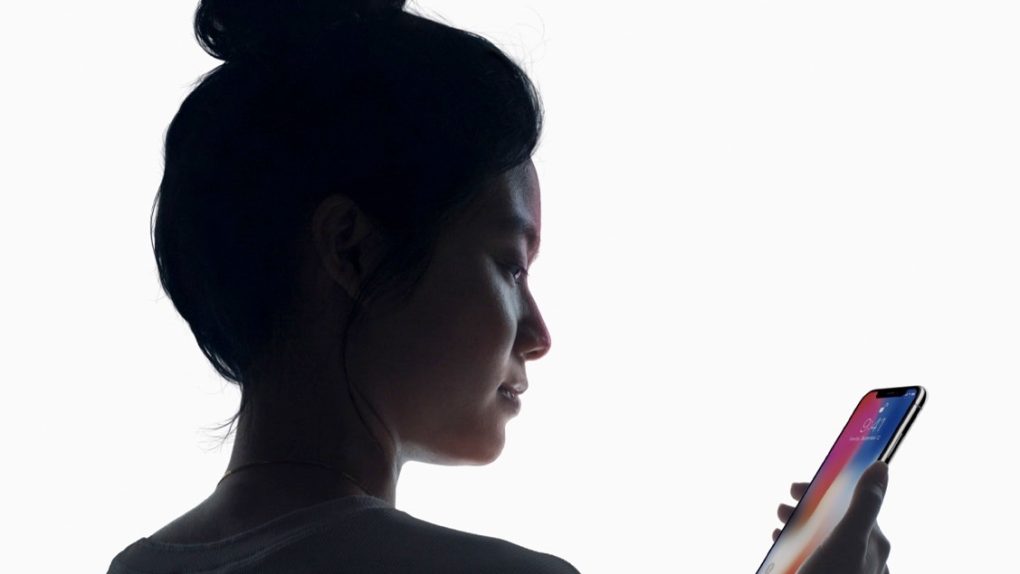It was only a few months ago, towards the end of 2018, that we heard about a novel method that law enforcement officials were using to break into suspects’ phones. In the case of an iPhone X owned by a 28-year-old suspect caught up in a child abuse investigation that was protected by Apple’s Face ID technology, the feds after raiding the suspect’s home just … held up the phone and demanded he look at it so the device would unlock. The suspect did so, which allowed the feds to poke through his online chats, photos and more.
Fast forward to this week, which began with word that a judge has basically said not so fast when it comes to this kind of thing. A federal judge in California, Kandis Westmore, ruled that forcing suspects to use biometrics like their face or finger to unlock a device violates a suspect’s Fifth Amendment protection against self-incrimination.
On one level, this ruling isn’t much of a surprise, considering it lines up with a Florida appeals court decision from October that said police can’t force suspects to cough up their passcode to unlock a device. Now, that protection is expanded to include a suspect’s biometrics, with Westmore’s decision making a distinction between biometrics and the normal physical evidence that cops collect during the course of an investigation.
“Smartphones,” she writes in her ruling, “are minicomputers with the capability to make calls, a search of which would typically expose to the government far more than the most exhaustive search of a house … Thus, mobile phones are subject to different treatment than more traditional storage devices, such as safes, and should be afforded more protection.”
The case that spurred Westmore’s decision was the investigation of an alleged extortion in Oakland, California. Suspects in the case were using Facebook Messenger to threaten someone, and while Westmore said officers certainly had probably cause to conduct a search of the suspects’ property, they didn’t have a legal basis for either unlocking or compelling the suspects to unlock their mobile devices.
An important note to add here is that the judge’s decision found that the request from police was “overbroad and neither limited to a particular person nor a particular device.” For that reason, it’s possible this decision may be revisited and even changed if police make narrower, more specific requests relevant to unlocking suspects’ phones in the future.








